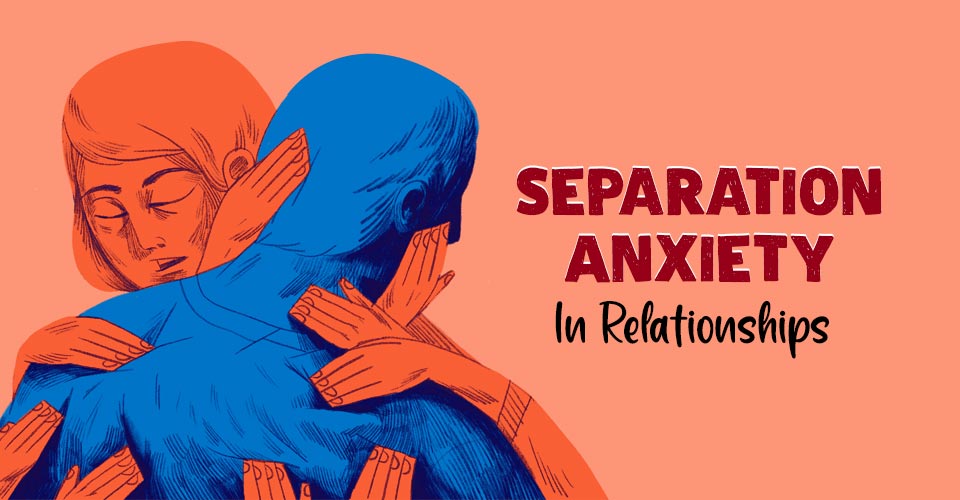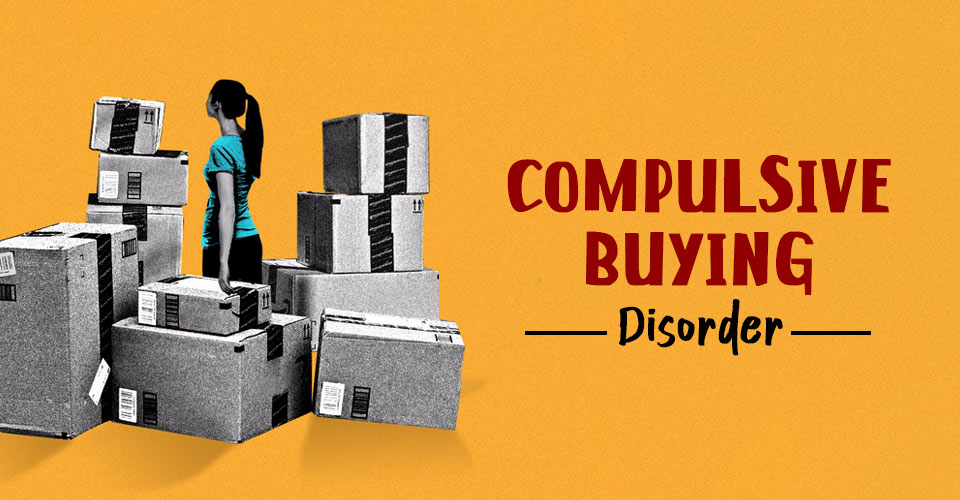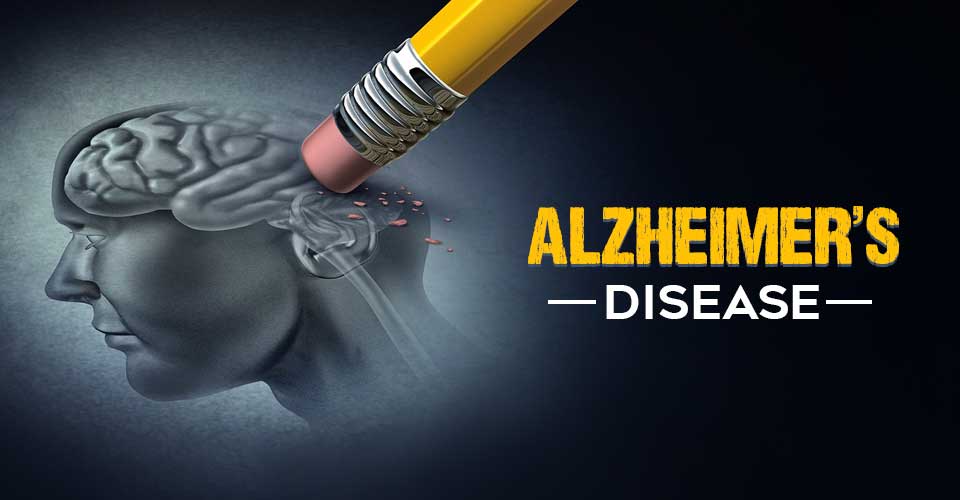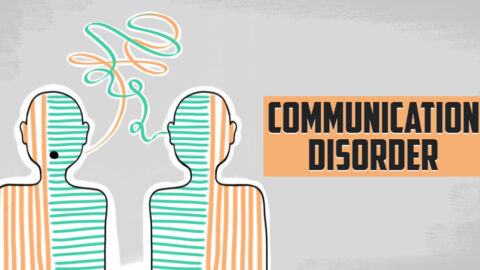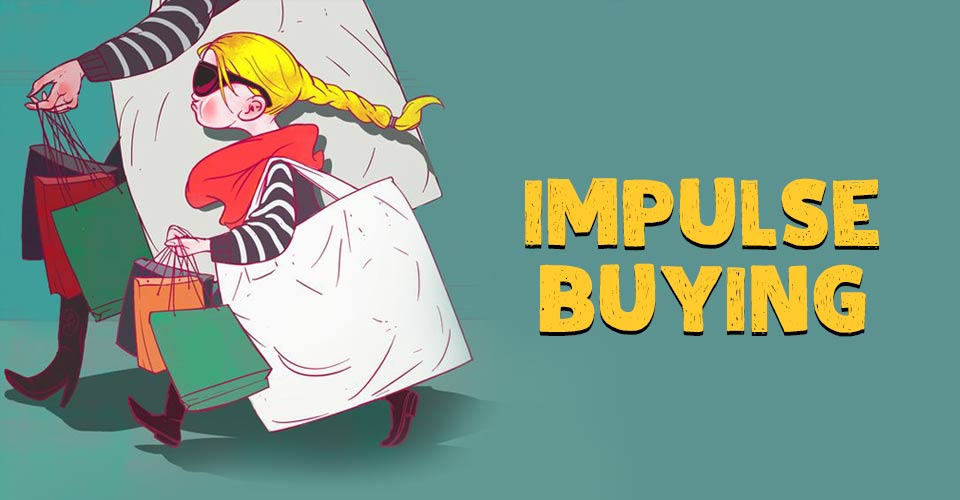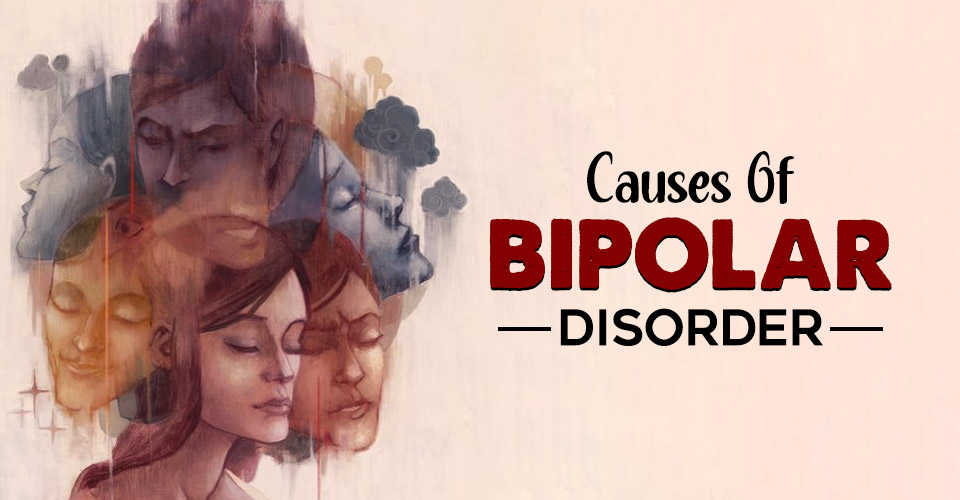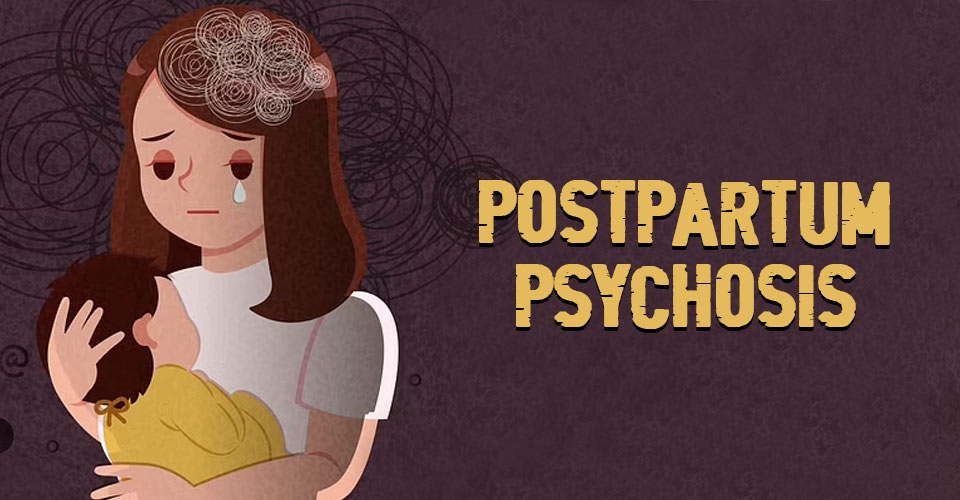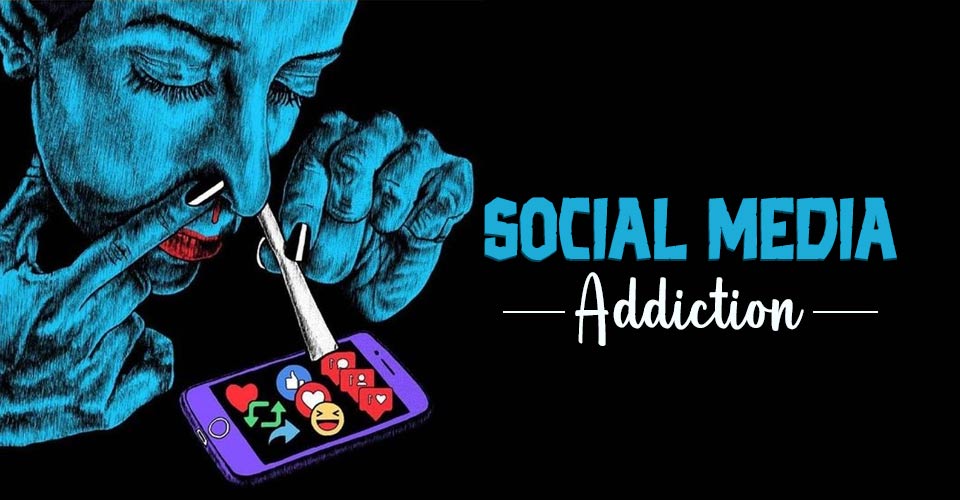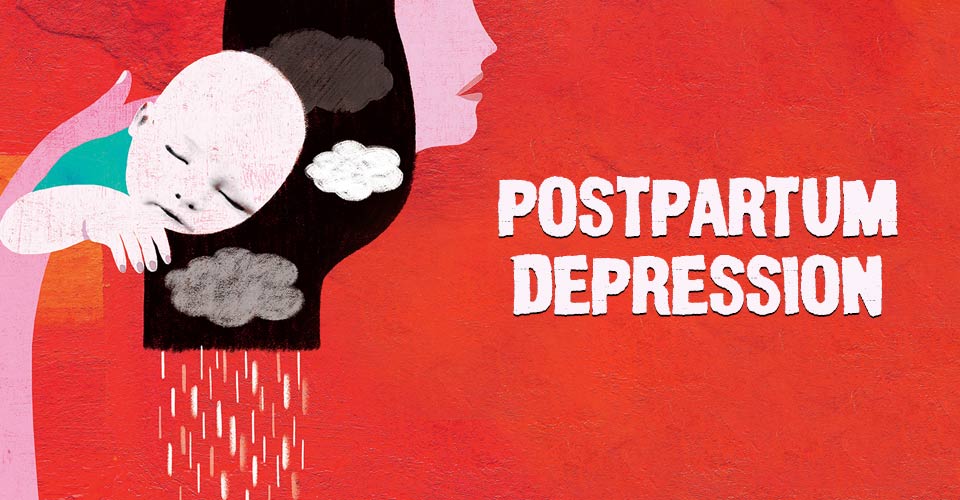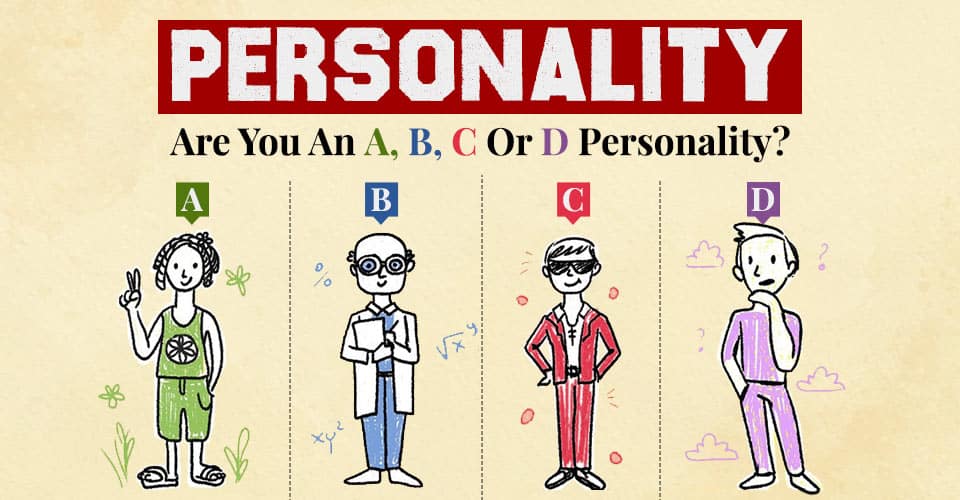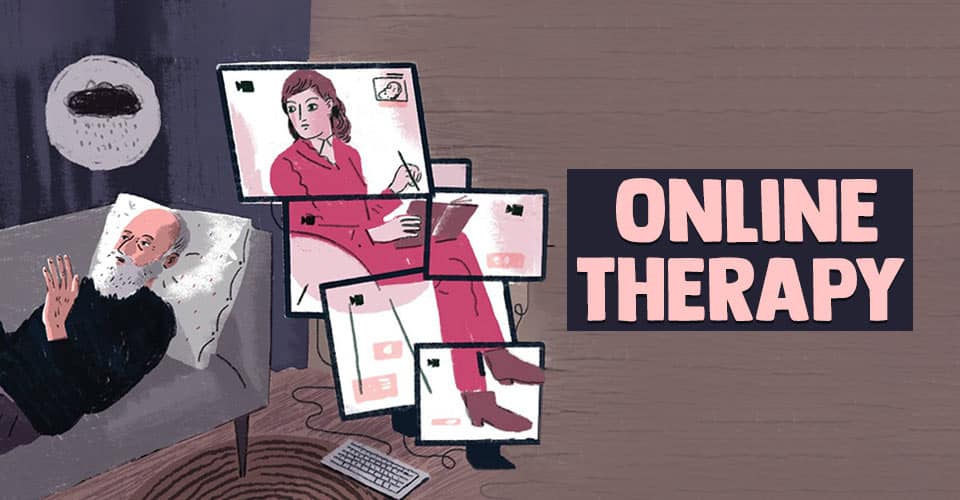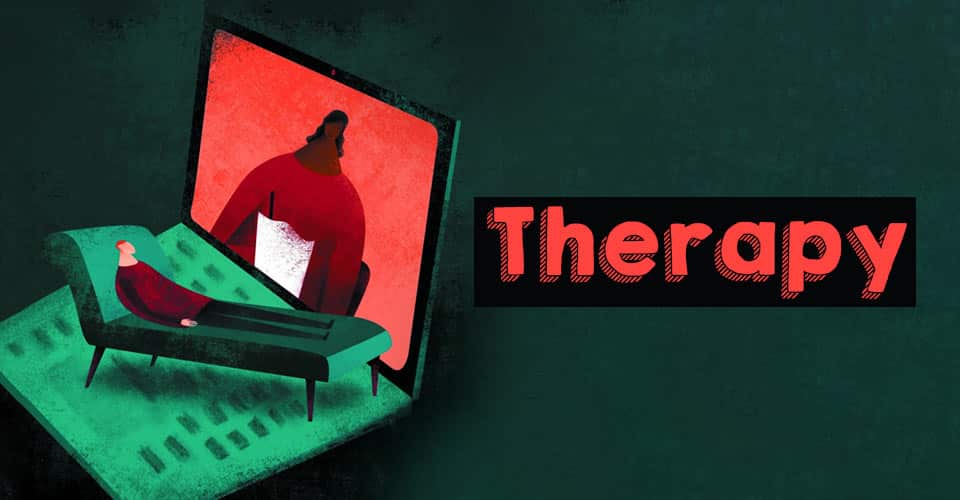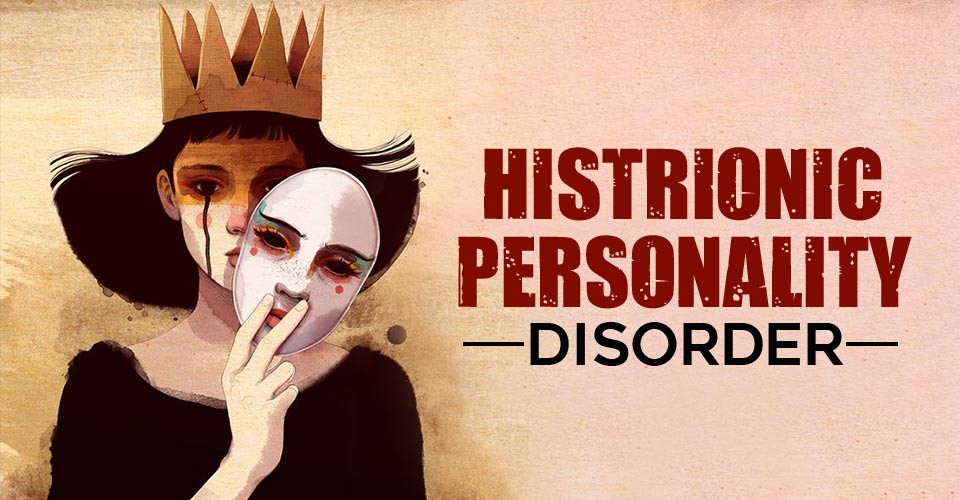Procrastination can be defined as the behavior that enables a person to put off tasks for a later date. It is also a reflection of a person’s inability to exercise self-control.
What Is Procrastination?
Procrastination is a behavior that is characterized by avoiding or putting off a task that we believe we will not enjoy. “Procrastination involves unnecessary and unwanted delay, be it decisional, implemental, or lack of timeliness,” says a 2018 study 1 Svartdal, F., Granmo, S., & Færevaag, F. S. (2018). On the Behavioral Side of Procrastination: Exploring Behavioral Delay in Real-Life Settings. Frontiers in psychology, 9, 746. https://doi.org/10.3389/fpsyg.2018.00746 . People who procrastinate often understand the consequences of their actions but cling to the feelings of avoiding the task.
It is an active process wherein an individual engages in something else instead of the task they know they should be doing. A prominent characteristic of this phenomenon is the realization of engaging in the act despite knowing that the consequences will dire. Hence, it can be seen as an irrational behavior to delay an intended course of action even when they are aware of the consequences. Although we are organized and have well-planned to-do lists, sometimes we often fall into the trap of procrastination.
While procrastinating, humans often value immediate rewards more than future rewards. Immediate rewards may be situational but not necessarily. For instance, taking a break from working with aversive, stressful, or difficult tasks. These immediate rewards may feel highly rewarding and are pursued to improve mood, release stress and satisfaction.
Procrastination may not necessarily occur due to one’s inability to manage time. It may also be used as a coping mechanism that triggers challenging emotions associated with completing that particular task. These emotions can include boredom, frustration, self-doubt, anxiety, or insecurity. It is essential to understand that procrastination is an emotion regulation problem and not an issue related to time management.
Hence, setting objectives and working on a practical plan is the primary step to accomplish the set targets for the day. A 2015 study 2 Sirois F. M. (2015). Is procrastination a vulnerability factor for hypertension and cardiovascular disease? Testing an extension of the procrastination-health model. Journal of behavioral medicine, 38(3), 578–589. https://doi.org/10.1007/s10865-015-9629-2 found that persistent procrastination is a risk factor for poor physical and mental well-being. A 2010 study 3 Hussain, I., & Sultan, S. (2010). Analysis of procrastination among university students. Procedia – Social and Behavioral Sciences, 5, 1897-1904. https://doi.org/10.1016/j.sbspro.2010.07.385 found that 95% of us procrastinate to some degree. However, if you are genuinely delaying a project for a good reason, you may not be procrastinating.
Understanding Procrastination
Procrastination can be a habitual or intentional delay in completing or starting a task despite being aware of the negative consequences. Behavioral psychology 4 Ariely, D., & Wertenbroch, K. (2002). Procrastination, deadlines, and performance: Self-control by Precommitment. Psychological Science, 13(3), 219-224. https://doi.org/10.1111/1467-9280.00441 explains this phenomenon as “time inconsistency,” which can be defined as the instinctive human tendency to prioritize immediate rewards over future rewards. Most people spend a lot of their time preparing for the task instead of actually doing it. For instance, when an individual sets a goal of writing a book, they envision their future self accomplishing the goal.
However, even though the future self can envision accomplishing the task, only the present self can take action. Hence, when you are making a decision on whether or not you want to complete a task, your present self is dictating your actions. In most cases, our present self favors immediate rewards more than long-term benefits. This is the reason why we often fall back into our old unhealthy habits or patterns despite wanting to work for our future selves.
A 2001 study 5 Tice, D. M., Bratslavsky, E., & Baumeister, R. F. (2001). Emotional distress regulation takes precedence over impulse control: if you feel bad, do it!. Journal of personality and social psychology, 80(1), 53–67. found that that behavioral procrastination can occur when the person may get diverted to an alternative and more tempting course of action that indirectly delays the original plan. Another 2007 study 6 Steel P. (2007). The nature of procrastination: a meta-analytic and theoretical review of quintessential self-regulatory failure. Psychological bulletin, 133(1), 65–94. https://doi.org/10.1037/0033-2909.133.1.65 emphasized that this phenomenon is associated with a number of adverse states and problems including increased stress, lower task performance, reduced well-being, regret, and suffering, and risk of mental and physical illness.
Active Vs Passive Procrastination
Active procrastination can be defined as the act of delaying work because the individual likes to work under pressure. While passive procrastination can be defined as the act of delaying tasks due to indecisiveness. A person who is an active procrastinator engages in self-regulating time management behavior. A 2009 study 7 Choi, J. N., & Moran, S. V. (2009). Why not procrastinate? Development and validation of a new active procrastination scale. The Journal of social psychology, 149(2), 195–211. https://doi.org/10.3200/SOCP.149.2.195-212 pointed out that practicing this form of procrastination allows them to work under pressure and meet deadlines. The characteristics of this form involve a preference for pressure, intentional decision to procrastinate, the ability to meet deadlines, and ultimately achieve satisfaction.
While passive procrastinator engages as in a self-destructive process. It involves self-doubt, anxiety, and distress accompanied by the non-accomplishment of tasks and failure to meet deadlines. A 2018 study 8 Zhou, M. Gender differences in procrastination: The role of personality traits. Curr Psychol 39, 1445–1453 (2020). https://doi.org/10.1007/s12144-018-9851-5 pointed out that passive procrastination was positively correlated with neuroticism and negatively with conscientiousness. While active procrastination is related to a resilient personality and greater academic success. A 2012 study 9 Seo, E. H. (2012). Cramming, active procrastination, and academic achievement. Social Behavior and Personality: an international journal, 40(8), 1333-1340. https://doi.org/10.2224/sbp.2012.40.8.1333 found that active procrastinators get higher grades than do passive procrastinators.
Causes Of Procrastination
The exact causes of procrastination cannot be determined. However, some of the causes of procrastination are as follows:
1. Academics
It can be defined as a pervasive and permanent desire on the part of the learner to postpone academic activities that are always accompanied by anxiety. Procrastinating academic assignments is a way for students to escape failure. For instance, a student may avoid studying for a test and prefer knowing that they failed due to their procrastinating behavior instead of admitting that they don’t understand the subject.
A 2011 study 10 Badri Gargari, R., Sabouri, H., & Norzad, F. (2011). Academic procrastination: the relationship between causal attribution styles and behavioral postponement. Iranian journal of psychiatry and behavioral sciences, 5(2), 76–72. pointed out that deferring study to the night just before the exam, accompanied by anxiety and haste, can be described as one of the most familiar instances in the case of academic procrastination.
Read More About Academic Problems And Skills Here
2. Lack of Motivation
People who procrastinate often lack the motivation to complete the task assigned to them. This can occur if a person doesn’t value the reward upon completion of the task. For instance, a student may avoid studying for a test that is not their major since they don’t care if they score well.
3. Depression
Depression may also cause a person to constantly procrastinate. Depression is a condition characterized by persistent sadness and hopelessness. Constant feelings of hopelessness, fatigue, or sadness can make a person procrastinate. For instance, someone who is depressed can postpone the simplest of tasks such as getting groceries or doing the dishes. Since depressed individuals lose interest in daily activities, it can lead them to procrastinate. A 2019 study 11 Khalid, A., Zhang, Q., Wang, W., Ghaffari, A. S., & Pan, F. (2019). The relationship between procrastination, perceived stress, saliva alpha-amylase level and parenting styles in Chinese first year medical students. Psychology research and behavior management, 12, 489–498. https://doi.org/10.2147/PRBM.S207430 found that procrastination is positively linked to depression.
Read More About Depression Here
4. Attention Deficit Hyperactivity Disorder (ADHD)
Patients with ADHD also struggle with procrastination. A 2018 study 12 Ashworth, B., McCown, W. Trait Procrastination, Hoarding, and Continuous Performance Attention Scores. Curr Psychol 37, 454–459 (2018). https://doi.org/10.1007/s12144-017-9696-3 found that there is a significant correlation between ADHD-related behaviors and procrastination. Symptoms of ADHD such as hyperactivity or impulsivity are strongly associated with this condition. For instance, a person with ADHD may procrastinate due to their inability to concentrate on one single task. It can also occur if they are bored. Hence, they tend to jump from one task to another.
5. Anxiety
Some people procrastinate because they feel anxious about completing a particular task. Sometimes people even feel anxious after evaluating the importance of finishing the task. They may feel anxious about the time it may require to complete the task or the consequences upon completion. For instance, an individual may put off their driving test due to their fear of failure or getting hurt. A 2019 study 13 Khalid, A., Zhang, Q., Wang, W., Ghaffari, A. S., & Pan, F. (2019). The relationship between procrastination, perceived stress, saliva alpha-amylase level and parenting styles in Chinese first year medical students. Psychology research and behavior management, 12, 489–498. https://doi.org/10.2147/PRBM.S207430 found that there are positive links between academic procrastination and stress. It has an adverse impact on the academic performance of students and thus induces stress and anxiety.
Read More About Anxiety Here
6. Obsessive-Compulsive Disorder
People with obsessive-compulsive disorder often suffer from indecisiveness. This may lead them to procrastinate instead of making decisions. For instance, a person may have to go pick up groceries for the week. But they aren’t sure whether they should wait for a couple of days before their stock finishes or to go to the grocery store and stock up. This indecisiveness may lead to procrastination. A 1994 study 14 Ferrari, J. R., & McCown, W. (1994). Procrastination tendencies among obsessive-compulsives and their relatives. Journal of clinical psychology, 50(2), 162–167. https://doi.org/10.1002/1097-4679(199403)50:2<162::aid-jclp2270500206>3.0.co;2-z pointed out that obsessions were related to decisional procrastination while compulsions were related to avoidant procrastination.
Read More About Obsessive-Compulsive Disorder Here
How Can You Stop Procrastinating?
Procrastination can become a habit if you don’t take the necessary steps to curb this behavior. It is essential to stop punishing yourself for procrastinating and devise an action plan to keep it under control. Some of the ways you can stop procrastinating are as follows:
1. Make the Immediate Rewards More Tempting
One of the ways you can stop procrastinating is by tricking your mind and making your immediate rewards more tempting. This process is known as temptation building. For instance, let’s say you are writing a book. Tell yourself that you will only get to watch Netflix if you finish writing 15 pages today. Other examples can include only going out with friends if you finish all your homework first.
2. Make a To-do list
It is important to know the list of tasks you need to complete so that you can prioritize them accordingly. It will help you to keep track of the things you need to accomplish during the day. This will also prevent you from forgetting any overwhelming task and use it as a convenient method to procrastinate.
3. Acknowledge the Signs
More often than not, we overlook the thoughts that we encounter while procrastinating. If you find yourself doing so, try to redirect your attention to the task and continue working on it. For instance, if you want to stop wasting time on social media, you can delete the social media apps from your phone to avoid distractions. One of our major instincts is to scroll through social media and procrastinate instead of completing the task at hand.
4. Make tasks more achievable
One of the best ways to stop procrastinating is to take steps that help you complete the task easily. Once you start doing something, it becomes easier to continue doing it. When you break a bigger task into smaller tasks, it makes it more achievable.
Consequences Of Procrastination
Although procrastination can make you feel good in the moment, it can have several emotional, physical and practical consequences. Hence, it is essential to recognize the warning signs and take actions accordingly. Some of the consequences of procrastination can include:
1. Wasting time
This behavior makes us waste a lot of time. The time which could have been used fruitfully to our advantage. This can make us feel regretful and frustrated about the time we lost.
2. Being unable to meet goals
Constantly engaging in this behavior makes it impossible to reach our goals in time. When we fail to achieve our goals, it reduces our possibility to have a better life.
3. Having low self-esteem
Procrastination increases our feelings of low self-esteem and makes us doubt ourselves. When we have lower self-esteem, we tend to hold ourselves back because we feel unworthy of success. We also tend to engage in self-sabotaging behaviors.
4. Mental health consequences
Constantly putting things off for later can cause stress and anxiety. These can significantly impair your mental health. It can also trigger feelings of depression and interfere with your day-to-day life.
Life Of A Procrastinator
Constantly delaying tasks may feel like a better option for the time being but eventually, it will catch up to you. If you find yourself constantly procrastinating, try to redirect your attention to completing the task. With determination, it is possible to lead a disciplined life that is free from procrastination
Procrastination At A Glance
- Procrastination is a behavior that is characterized by avoiding or putting off a task that we believe we will not enjoy.
- Procrastination can be a habitual or intentional delay in completing or starting a task despite being aware of the negative consequences.
- Active procrastination can be defined as the act of delaying work because the individual likes to work under pressure.
- Passive procrastination can be defined as the act of delaying tasks due to indecisiveness.
- Procrastination can become a habit if you don’t take the necessary steps to curb this behavior.


